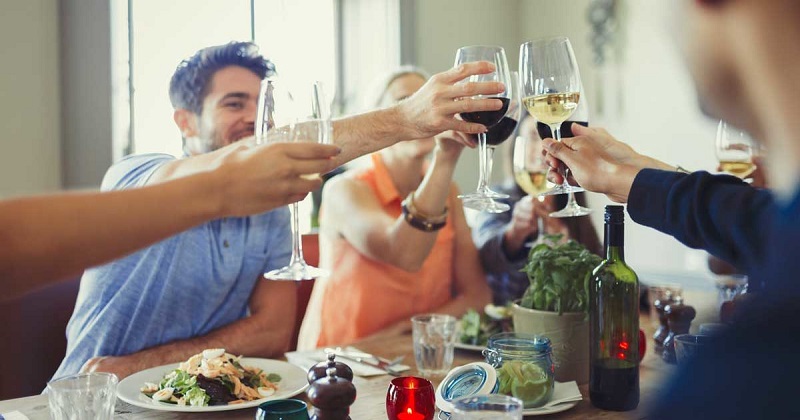
Life is defined by good food, good drinks, and good living. However, a leading French university has gone one step further by introducing a Master’s degree program on eating, drinking, and living. A prestigious political science college in France, Sciences Po Lille, offers an MA course in BMV, which stands for ‘boire, manger, vivre’, or drinking, eating, and living. It covers various topics about these lines, such as what and how we are eating and drinking, and whether some people are born sleeping more than others.
This course is significant because…
BMV (Drinking, Eating, Living) is ‘a course that crosses the boundaries of culture, environment, and international relations’ with food as a social and global issue, according to the university website. Drinks and food are taken very seriously in France. France’s President, Emmanuel Macron, has declared 2021 ‘the year of French gastronomy’.
Students were amused by the launch of the BMV course even then, according to lecturer Benôit Lengaigne. Due to the climate emergency we face now, food is also an important topic and this is the first-ever course of its kind in the world designed to prepare students for how to cope with food shortages and related issues in the future.
What does the BMV course teach?
The Drink, Eat, Live (BMV) major is intended to provide training in:
- Gastronomic arts professions (catering, hotel industry)
- Tourism trades are linked to agricultural and wine production
- Animation of cultural places associated with food or gastronomy
- Expertise in organizations, associations, foundations, unions, institutes, international institutions, research organizations, and competitiveness clusters
- Journalism and specialist reviews
- Management functions in the wine, food and para-food sectors
- Non-engineering functions in the agro-food industries
- Professions in innovations in food products and distribution (FoodTech)
According to the official website, the course integrates social science approaches (law, economics, history, political science, sociology, etc.) while also promoting a dialogue with life sciences. Students in the MA or Major courses study novel approaches to food production, consumption, preservation, and exchange through cultural identities and comparative dimensions resulting from an international perspective.
Apart from writing essays on lifestyle, plant-based alternatives to meat, the history of farming, and other topics, students attend food and drink conferences as well. Students take on the roles of TV journalists, food reviewers, and bosses of food delivery companies to test one another’s knowledge of quality and working conditions.

Post Your Comments